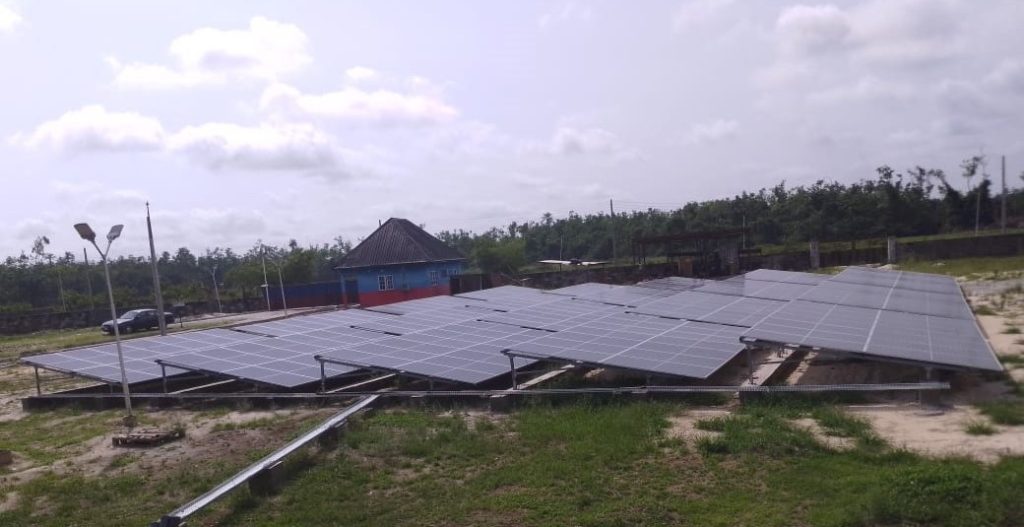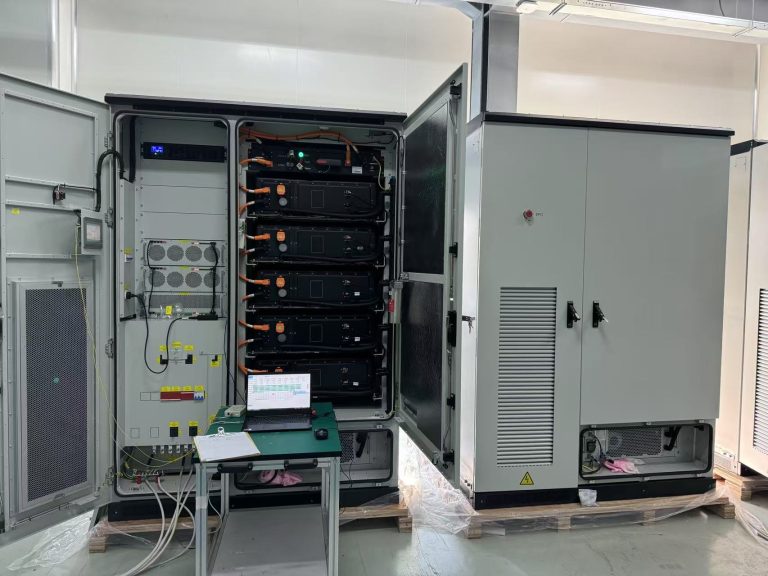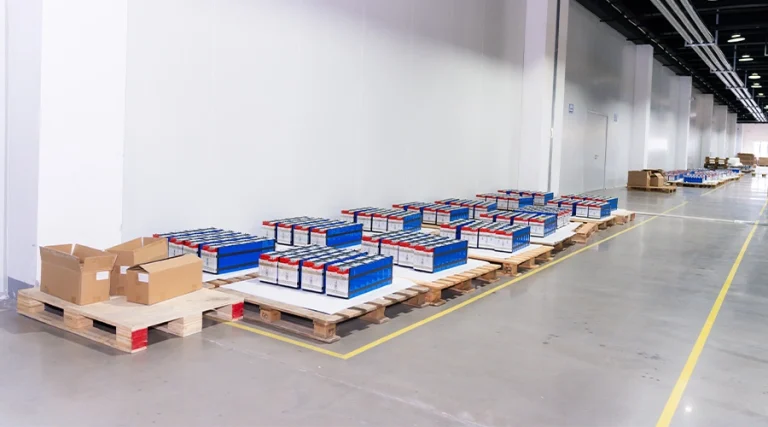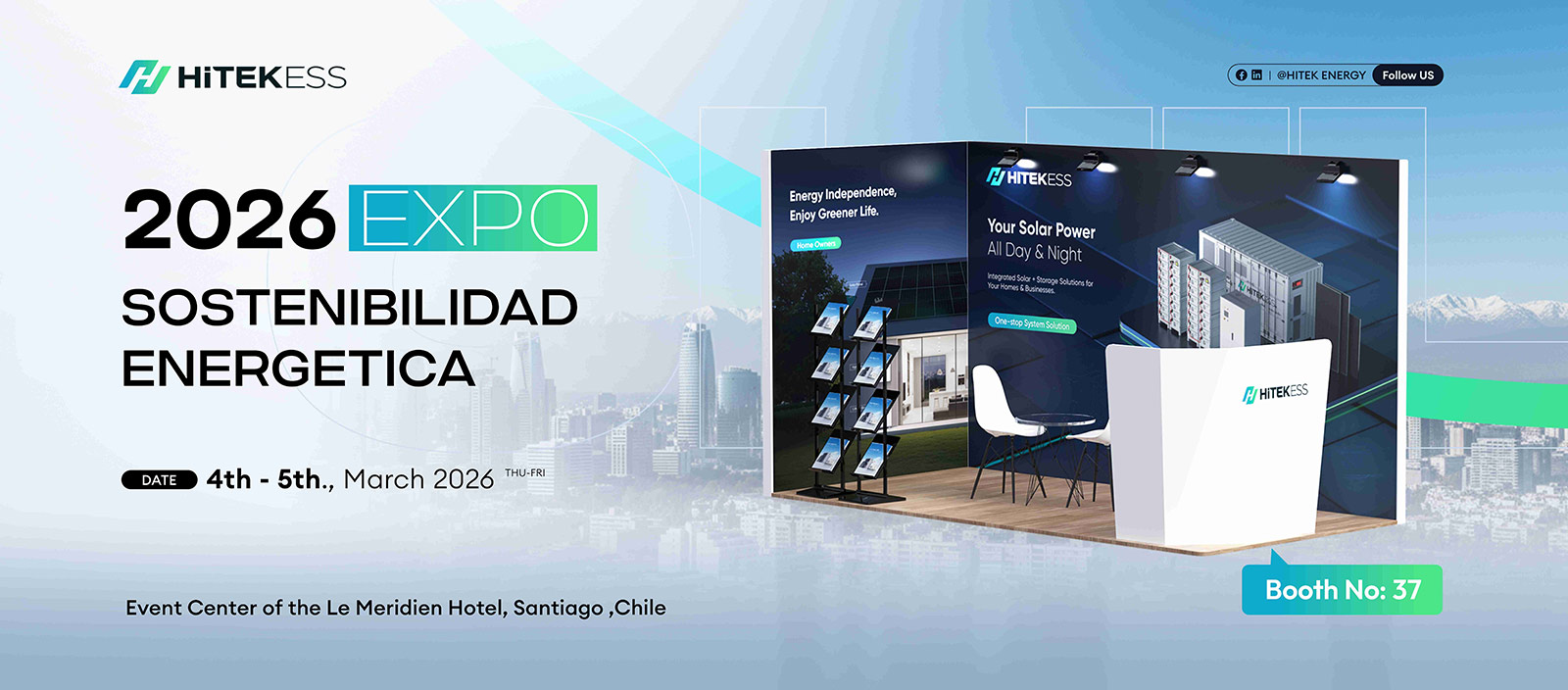
Thinking about solar panels system for your place? It’s a big step. Saves money on bills, helps the planet. But not every house fits the bill. That’s where the Sun Number Score comes in. It’s like a report card for your home’s solar potential. Scores run from 0 to 100. Higher means better. In this post, we’ll break down if your house suits solar panels. We’ll look at factors that affect your home’s sun number score. You’ll see what counts, why it matters, and how to check. Let’s dive in.
Understanding the Sun Number Score
What exactly is this score? Sun Number, a company pushing solar awareness, came up with it. They rate buildings on solar fit. Enter your address on their site or Zillow—it pops up for millions of homes. The score shows how much solar energy your spot can grab.
It’s simple. 0 is bad, 100 is top-notch. Most homes land somewhere in between. But why care? It tells you if panels make sense. Low score? Might still work, but output drops. High score? Big savings ahead.
House sketches with numbers show potential. Imagine one at 70—good. Another at 90—great. It guides decisions.
Why This Score Matters to Homeowners
Scores help in big ways. For folks buying homes, it’s key info. Zillow lists it for 84 million places. Buyers want high scores. Means lower energy costs, higher home value.
Selling or renting? Solar boosts appeal. Studies say homes with panels sell faster, fetch more cash. One report pegs added value at thousands.
Even if staying put, the score spots savings. Cut bills by 50-70% in sunny spots. Plus, tax breaks like the federal credit sweeten deals.
70% score example. That’s solid. Means panels pay off quick.
What Counts as a Strong Sun Number Score?
The scale: 0-100. Aim for 70 or up. That’s prime for solar. At 70, expect good energy output, solid returns.
100? Rare perfection. Ideal roof, tons of sun, low install costs.
Below 70? Not hopeless. Score 60 might work if you tweak things. But expect less power, longer payback.
Real talk. Most U.S. homes score 60-80. Sunny states like California or Arizona hit higher. Cloudy ones? Lower.
Check yours free online. Tools estimate savings too.
Main Factors That Affect Your Home’s Sun Number Score
Several things shape the score. Roof setup, local weather, power rates, install prices. Let’s unpack each.
Roof Suitability and Design
Your roof is the star. Size, direction, slope—all count.
Bigger roof? More panels, higher score. South-facing roofs catch max sun. They generate plenty, even extra for batteries or grid sell-back.
East or west? Still okay, but less efficient. North? Tougher, score drops.
Slope matters. 30 degrees is best. Steeper or flatter? Brackets adjust. But extreme angles hurt.
Table on roof impacts:
| Roof Feature | Ideal Setup | Score Impact |
| Direction | South-facing | High boost |
| Size | Large area | Increases score |
| Slope | 30 degrees | Optimal |
| Material | Asphalt or metal | No big change, but check weight |
Bullet points on common issues:
- Shading from chimneys or vents? Cuts score.
- Old roof? Fix first, panels last 25 years.
- Space for 10-20 panels? That’s typical for average home.
Score here often 40-60 points. Key to overall.
Local Climate and Sun Exposure
Where you live plays huge. Sunny days lift scores.
Colorado gets 300 sunny days yearly. Perfect. Seattle? More clouds, lower score.
Sun Number uses NREL data for irradiance. Measures sun strength.
Surroundings count. Trees, buildings block sun? Score falls. Trim branches or pick ground mount.
Hot spots? Panels like mild temps. Extreme heat cuts efficiency slightly.
Bullet points on climate tips:
- Check annual sun hours. 1,500+ is good.
- Overcast areas? Bigger system compensates.
- Pollution or dust? Clean panels regular.
This factor adds 20-30 points usually.
Electricity Rates in Your Area
Power costs affect the score big. High rates? Higher score. Solar saves more where bills sting.
Think Hawaii—rates double mainland. Score jumps.
Low rates? Like in Washington state. Less incentive, score dips.
Sun Number factors average local rates. Shows payback time.
Example: $0.20/kWh? Fast returns. $0.10? Slower.
Cost of Solar Installation Locally
Flip side of rates. Low install costs boost score. High ones drag it.
Prices vary. California: competitive, lower per watt. Rural spots: higher due to travel.
Includes permits, labor. Federal tax credit (30% till 2032) helps everywhere.
Table comparing costs:
| Region | Avg Cost per Watt | Score Effect |
| Sunny states | $2.50 | Positive |
| High labor areas | $3.50 | Negative |
Shop quotes. Multiple bids cut costs.
Other Things to Think About
Beyond basics, extras influence.
Age of home. Newer wiring handles solar easy. Old? Upgrades needed.
HOA rules. Some restrict panels. Check first.
Incentives. State rebates add value, indirectly lift effective score.
Batteries? Pair with panels for off-grid feel. HITEK ENERGY offers combos.
Steps to Check and Improve Your Score
Curious? Search your address on Sun Number site.
Low? Ways to fix:
- Clear shade.
- Chooseefficient panels like N-Type TOPCon.
- Get pro assessment.
Tools estimate. But experts confirm.
Empowering Homes with HITEK ENERGY: Excellence in Solar Panels and Residential Solar Systems

HITEK ENERGY CO.,LTD, established in 2016 as a premier photovoltaic manufacturer and global leader in smart energy storage, specializes in delivering sustainable renewable energy solutions for homes, businesses, and factories. With over 15 years of inverter manufacturing expertise, 294+ effective IP rights including 22 invention patents and 59 utility-model patents, and a presence in more than 120 countries across 6 key marketing zones, the company drives innovation in motor drive & control systems, renewable energy conversion, and energy storage. Committed to sustainability through ISO 14001-certified processes and AI-powered manufacturing with defect rates below 100ppm, HITEK ENERGY ranks among China’s top 10 distributed solar inverter brands for five consecutive years and offers localized support via branches in Belgium, India, Brazil, Australia, and Europe. Central to its portfolio are high-performance solar panels, seamlessly integrated into comprehensive solar systems alongside storage batteries, inverters, and controllers, enabling efficient energy capture and conversion for residential applications. Complementing these, HITEK ENERGY’s residential solar systems provide tailored solutions for areas with high electricity rates or weak grids, focusing on self-consumption, peak-load shifting, and off-grid capabilities to lower bills, maximize renewable energy use, and ensure reliable power, all while advancing a cleaner, greener future through customized, safe, and high-efficiency setups.
Conclusion
Your home’s fit for solar panels hinges on that Sun Number Score. Factors like roof, climate, rates, costs all affect your home’s sun number score. High score means big wins—savings, value. Even medium? Worth exploring. Tools help check, pros guide next steps. With suppliers like HITEK ENERGY, going solar gets easier. Check your score today. Might surprise you.
FAQs
What is a Sun Number Score and how does it show if my house suits solar panels?
It’s a 0-100 rating on solar potential. Higher scores mean better fit for solar panels. Factors that affect your home’s sun number score include roof and sun exposure.
How do roof features affect my home’s sun number score for solar panels?
Direction, size, slope matter. South-facing, large, 30-degree roofs boost it. Shading or wrong angle can lower how well solar panels work.
Can local weather really affect my home’s sun number score when considering solar panels?
Yes. Sunny areas lift scores. Clouds or shade drop them. It impacts how much energy solar panels produce.
Why do power rates affect my home’s sun number score for installing solar panels?
High rates mean more savings from solar panels. So scores rise where bills are steep.
How can I boost factors that affect my home’s sun number score for solar panels?
Clear shade, pick efficient panels. Get quotes to cut costs. Improves overall solar fit.
HITEKESS Most Popular Solar Power Systems:
Residential Complete 5kw 10kw 15kw 20kw 30kw on Offgrid Hybrid Solar System with LiFePO4 Battery Backup Price
Model: HT30KW-HY
Hitek 10kw 12 Kw 15kw 20kw 20000W Solar Panel System Home 30kw Solar Energy Systems off Grid Complete with Gel Lithium Batteries
Model: HT20KW-HY
Home Kit 10kw All in One Solar System 5kw 6kw 10kw Rooftop on Grid Three Phase Solar System
Model: HT10KW-ON
Hitek Solar Energy Storage System 5kw 10kw 20kw 30kw System Solar for Home Solar Systems Price
Model: HT10KW-HY
High Efficiency 15kw 20kw 30kw on off Grid 30kw Solar System Home Power with Lithium Ion Batteries
Model: HT10KW-HY



